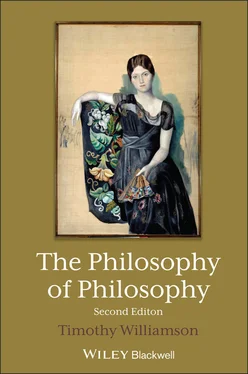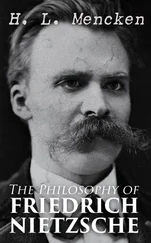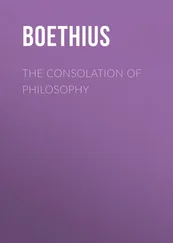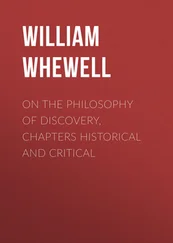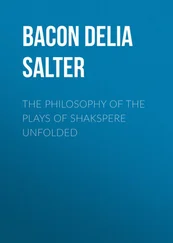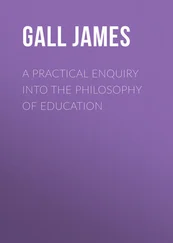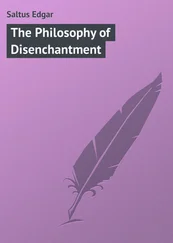From this perspective and that of many contemporary philosophers, the conceptual turn and a fortiori the linguistic turn look like wrong turnings. It is pointless to deny that such philosophers are “analytic,” for that term is customarily applied to a broad, loose tradition held together by an intricate network of causal ties of influence and communication, not by shared essential properties of doctrine or method: what do Frege, Russell, Moore, Wittgenstein, Carnap, Ayer, Quine, Austin, Strawson, Davidson, Rawls, Williams, Anscombe, Geach, Armstrong, Smart, Fodor, Dummett, Wiggins, Marcus, Hintikka, Kaplan, Lewis, Kripke, Fine, van Inwagen and Stalnaker all have in common to distinguish them from all the nonanalytic philosophers? Many who regard the linguistic and conceptual turns as serious mistakes have ties of influence and communication that put them squarely within that tradition. “Analytic philosophy” is a phrase in a living language; the attempt to stipulate a sense for it that excludes many of the philosophers just listed will achieve nothing but brief terminological confusion.
Historians of philosophy on the grand scale may be too Whiggish or Hegelian to regard the linguistic or conceptual turn as merely a false turning from which philosophy is withdrawing now that it recognizes its mistake. We are supposed to go forward from it, not back. At the very least, we should learn from our mistakes, if only not to repeat them. But if the conceptual turn was a mistake, it was not a simple blunder; it went too deep for that. A new narrative structure is needed for the history of philosophy since 1960; it is clear only in the roughest outline what it should be.
1 1 Ayer’s three immediate predecessors were John Cook Wilson, H. H. Joachim and H. H. Price.
2 2 The “absolute” is to distinguish these forms of idealism from the corresponding ‘subjective’ forms, in which concepts are replaced by psychological processes.
3 3 Although McDowell is sometimes classifi ed as a ‘post-analytic’ philosopher, he fi nds his own way to accept Dummett’s ‘fundamental tenet of analytical philosophy,’ that “philosophical questions about thought are to be approached through language” (1994: 125).
4 4 McDowell’s invocation of humility (1994: 40) addresses contingent limitations, not necessary ones.
5 5 Mark Johnston (1993: 96–7) discusses “the Enigmas, entities essentially undetectable by us.” He stipulates that they are collectively as well as individually undetectable; thus our elusive objects need not be his Enigmas. If we cannot have good evidence that there are no Enigmas, it may well be a waste of time to worry whether there are Enigmas. But it would not follow that it is a waste of time to worry whether there can be Enigmas. Their defi nition does not rule out knowledge of the possibility of such things; such knowledge may itself be philosophically useful (indeed, Johnston uses it for his philosophical purposes).
6 6 On essentialism see, for example, Kripke (1980), French, Uehling, and Wettstein (1986), Fine (1994, 1995) and Wiggins (2001). For a good statement of the outlook of contemporary metaphysics see Zimmerman (2004).
2 Taking Philosophical Questions at Face Value
How often are philosophical questions implicitly about thought or language when they are not explicitly so? As a case study, I will take a question closely related to the problem of vagueness, because it looks like a paradigm of a philosophical question that is implicitly but not explicitly about thought and language. For vagueness is generally conceived as a feature of our thought and talk about the world, not of the world itself. Admittedly, some philosophers find tempting the idea of mind-independently vague objects, such as Mount Everest, vague in their spatiotemporal boundaries and mereological composition, if not in their identity. That kind of vagueness is not my concern here. I will consider an example of a quite standard type, involving a vague predicate. 1Yet the reconstrual of the question as implicitly about thought or language turns out to be a mistake. If it is a mistake here, in such favorable conditions, it is a mistake far more widely.
Suppose that there was once plenty of water on the planet Mars; it was clearly not dry. Ages passed, and very gradually the water evaporated. Now Mars is clearly dry. No moment was clearly the first on which it was dry or the last on which it was not. For a long intermediate period it was neither clearly dry nor clearly not dry. Counting the water molecules would not have enabled us to determine whether it was dry; other measures would have been equally inconclusive. We have no idea of any investigative procedure that would have resolved the issue. It was a borderline case. No urgent practical purpose compels us to ask whether Mars was dry then, but only a limited proportion of thought and talk in any human society is driven by urgent practical purposes. We should like to know the history of Mars. When necessary, we can always use words other than “dry.” Nevertheless, we reflect on the difficulty of classifying Mars as dry or as not dry at those intermediate times, even given exact measurements. We may wonder whether it was either. We ask ourselves:
Was Mars always either dry or not dry?
Henceforth I will refer to that as the original question . More precisely, I will use that phrase to designate that interrogative sentence, as used in that context (the word “question” can also be applied to what interrogative sentences express rather than the sentences themselves).
The original question is at least proto-philosophical in character. It is prompted by a difficulty both hard to identify and hard to avoid that we encounter in applying the distinctions in our repertoire. It hints at a serious threat to the validity of our most fundamental forms of deductive reasoning. Philosophers disagree about its answer, on philosophical grounds explored below. A philosophical account of vagueness that does not tell us how to answer the original question is thereby incomplete. Without an agreed definition of “philosophy,” we can hardly expect to prove that the original question or any other is a philosophical question; but when we discuss its answer, we find ourselves invoking recognizably philosophical considerations. More simply, I’m a philosopher, I find the original question interesting, although I think I know the answer, and I have no idea where one should go for an answer to it, if not to philosophy (which includes logic). But before we worry about the answer, let us examine the original question itself.
The question queries just the supposition that Mars was always either dry or not dry, which we can formalize as a theorem of classical logic, ∀t (Dry(m, t) ∕ ¬Dry(m, t)). 2In words: for every time t , either Mars was dry at t or Mars was not dry at t . The question is composed of expressions that are not distinctively philosophical in character: “Mars,” “always,” “either … or …,” “not,” “was,” and “dry.” All of them occur in a recognizably unphilosophical question such as “Was Mars always either uninhabited or not dry?,” which someone might ask on judging that Mars is both uninhabited and dry and wondering whether there is a connection. Although philosophical issues can be raised about the words in both questions, it does not follow that merely in using those words one is in any way engaging in philosophy. One difference between the two questions is that it is not obviously futile to try to argue from the armchair that Mars was always either dry or not dry, whereas it is obviously futile to try to argue from the armchair that Mars was always either uninhabited or not dry.
Читать дальше
